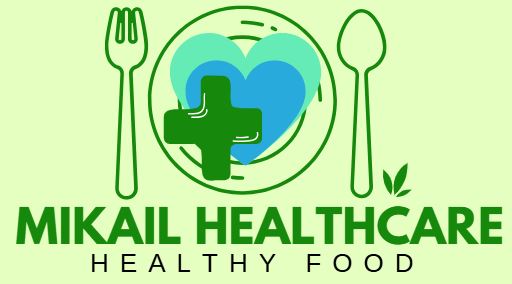In today’s fast-paced world, stress has become a constant companion for many. Whether triggered by work, personal relationships, or financial worries, stress not only affects your mental and emotional well-being but also plays a significant role in your eating habits. Understanding this connection is crucial for managing both your health and your stress levels effectively.
The Science Behind Stress and Eating
When you’re stressed, your body releases a hormone called cortisol, often referred to as the “stress hormone.” Cortisol can affect your metabolism, appetite, and cravings. In short bursts, cortisol can suppress appetite, which is why some people may eat less during acute stress. However, chronic stress leads to persistently elevated cortisol levels, which can increase hunger and drive people to eat more—especially high-calorie, high-sugar, and high-fat foods.
Emotional Eating: A Common Coping Mechanism
Many people turn to food for comfort when they’re feeling overwhelmed, anxious, or down. This is known as emotional eating. During stressful times, the brain craves instant gratification, and foods rich in sugar and fat can temporarily boost mood by increasing dopamine levels. Unfortunately, this relief is short-lived, and often leads to guilt and further stress, creating a harmful cycle.
Skipping Meals and Poor Food Choices
Stress can also disrupt your daily routine, leading to:
- Skipping meals, especially breakfast
- Overeating late at night
- Choosing convenience foods over balanced meals
- Drinking excess caffeine or sugary beverages
These behaviors not only affect energy levels and concentration but also contribute to long-term health problems like weight gain, high blood pressure, and digestive issues.
How to Manage Stress-Related Eating
Here are some practical tips to break the cycle of stress-eating:
- Identify Triggers: Keep a journal to track what situations lead to emotional eating. Awareness is the first step to change.
- Practice Mindful Eating: Pay attention to what, when, and why you eat. Try to eat slowly, savor your food, and recognize hunger versus cravings.
- Find Healthy Alternatives: Replace emotional eating with healthier stress-relief activities like walking, journaling, meditating, or calling a friend.
- Prepare Balanced Meals: Having nutritious meals and snacks readily available reduces the temptation to grab junk food.
- Seek Support: If stress or emotional eating becomes overwhelming, consider talking to a therapist or a registered dietitian.
Conclusion
Stress is an unavoidable part of life, but how you respond to it can make a big difference. By recognizing how stress influences your eating habits and taking steps to address it, you can regain control over your health and well-being. Remember, food should nourish your body, not serve as a substitute for dealing with emotions.


1 Comment
Pingback: Best Morning Drinks That Help Burn Body Fat – mikailhealthcare